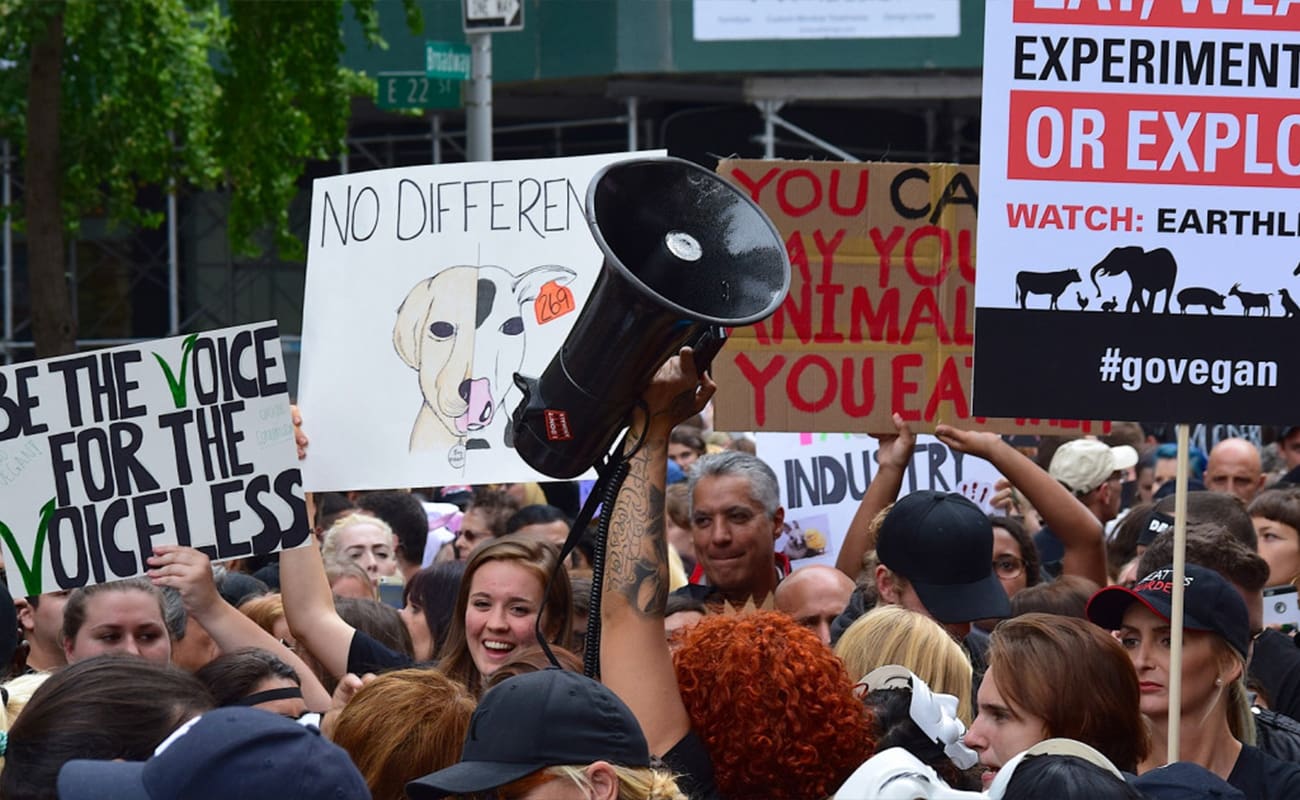The role of governments and policy-making bodies is pivotal in shaping food systems, protecting animal welfare, and ensuring public health. This category explores how political decisions, legislation, and public policies can either perpetuate animal suffering and environmental degradation—or drive meaningful change toward a more just, sustainable, and compassionate future.
This section delves into the power dynamics that shape policy decisions: the influence of industrial lobbying, the lack of transparency in regulatory processes, and the tendency to prioritize short-term economic growth over long-term public and planetary well-being. Yet, amidst these barriers, a growing wave of grassroots pressure, scientific advocacy, and political will is beginning to shift the landscape. Whether through bans on animal cruelty practices, incentives for plant-based innovation, or climate-aligned food policies, it reveals how bold governance can become a lever for transformative, long-term change.
This section encourages citizens, advocates, and policymakers alike to reimagine politics as a tool for moral progress. Real justice for both human and non-human animals depends on bold, inclusive policy reforms and a political system that prioritizes compassion, transparency, and long-term sustainability.
In this post, we will explore the impact of meat and dairy production on sustainable agriculture and the challenges faced by the industry in achieving sustainability. We will also discuss the importance of implementing sustainable practices in meat and dairy production and the role of consumers in promoting sustainable choices. Additionally, we will address environmental concerns associated with meat and dairy production and explore alternatives to traditional meat and dairy products. Finally, we will look at innovations in sustainable farming practices and the collaborations and partnerships necessary for a sustainable meat and dairy industry. Stay tuned for an insightful and informative discussion on this critical topic! The Impact of Meat and Dairy on Sustainable Agriculture Meat and dairy production have a significant impact on sustainable agriculture, as they require large amounts of land, water, and resources. The greenhouse gas emissions from the meat and dairy industry contribute to climate change …


























































